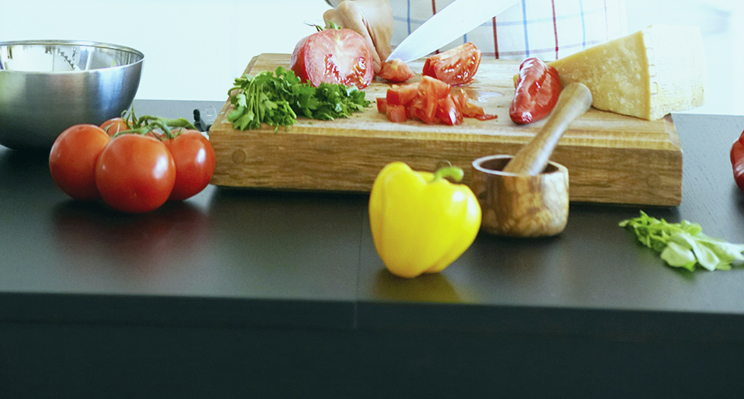 Antibiotics are a well known and widely used medication, used to treat bacterial infections. However, whilst any particular antibiotic is specific for bacterial cells, it cannot be made specific to only harmful bacteria, so as well as killing the harmful bacteria, many antibiotics also kill off some of the beneficial ones that help keep our digestive system healthy. When we take antibiotics, approximately 60% of the bacteria in our gut flora are killed by the antibiotics, whether they are good or bad.
Antibiotics are a well known and widely used medication, used to treat bacterial infections. However, whilst any particular antibiotic is specific for bacterial cells, it cannot be made specific to only harmful bacteria, so as well as killing the harmful bacteria, many antibiotics also kill off some of the beneficial ones that help keep our digestive system healthy. When we take antibiotics, approximately 60% of the bacteria in our gut flora are killed by the antibiotics, whether they are good or bad.
As a result, the number and species of gut bacteria is altered in our gut flora. A reduction in levels of native bacterial species also disrupts their ability to inhibit the growth of harmful species such as Clostridium difficile (C. difficile) and Salmonella. The C. difficile infection can particularly affect elderly people whose immune systems are weakened by underlying illness, and C. difficile infections have become very common in hospitals and nursing homes in the last ten years.
Some bacteria in the human gut make vitamins such as vitamin K and some of the B vitamins. If they are destroyed, the body does not receive these vitamins and, if antibiotic therapy continues over an extended period, vitamin deficiency can result. Also, the body’s ability to ferment carbohydrates is reduced and may cause antibiotic-associated diarrhoea.
Of course, this does not mean we should not take antibiotics! Doctors only prescribe antibiotics if it is necessary; millions of courses are prescribed in the UK each year, and they are very effective in helping to kill the bacteria that cause infections.
However, if you have to take a course of antibiotics, some doctors recommend that you eat plenty of natural yoghurt or probiotics, containing live Lactobacillus bacteria during your treatment. These bacteria help to replenish the stocks of friendly bacteria in the large intestine and may lessen some of the effects of the treatment.
Whilst taking antibiotics, you may also benefit from eating foods containing ‘prebiotics’, such as onions, garlic, leeks, asparagus and artichokes. These foods help the friendly bacteria to multiply in the gut. You may also like to take a daily probiotic; this will help to top up the beneficial bacteria in the gut.

